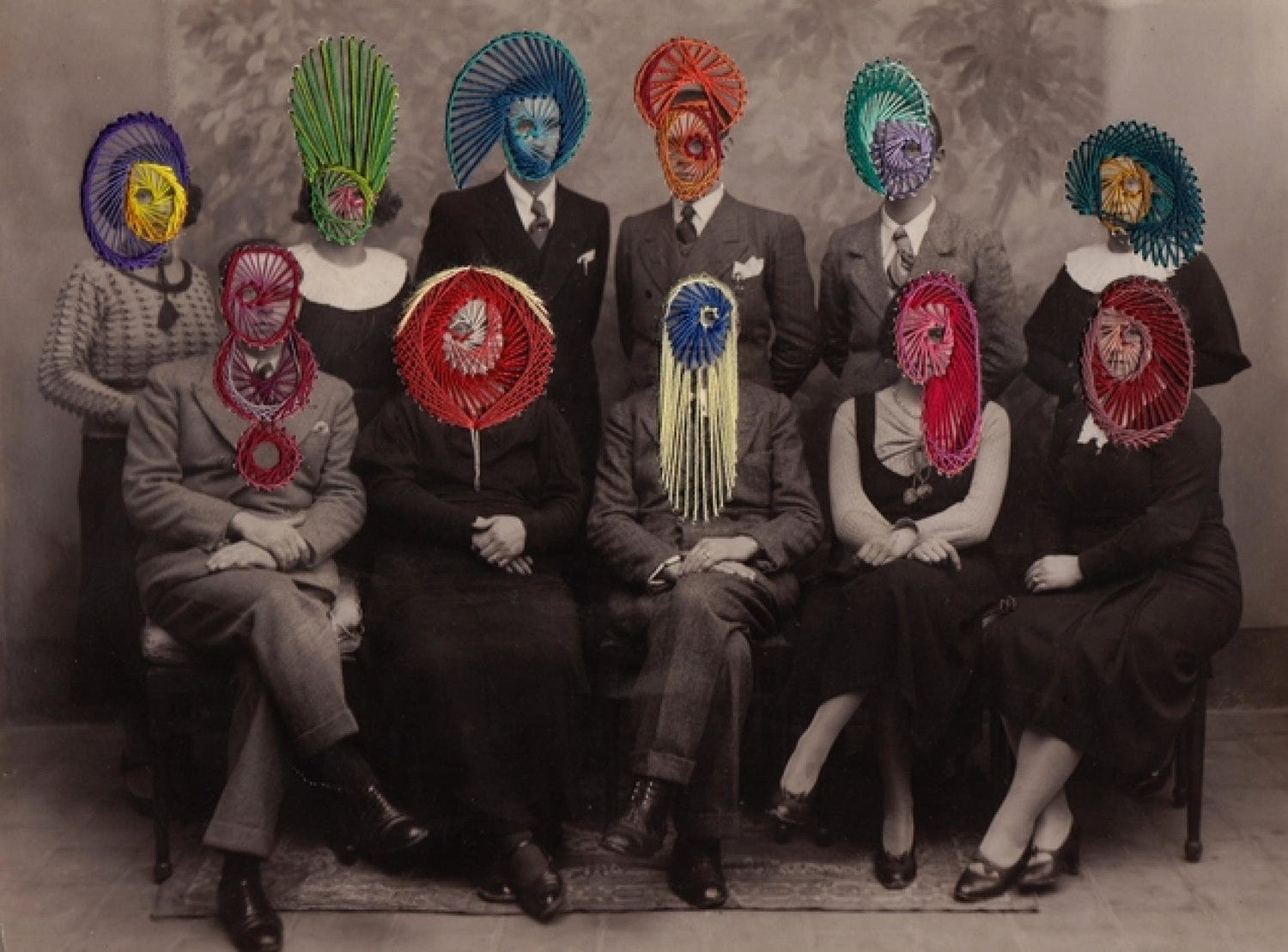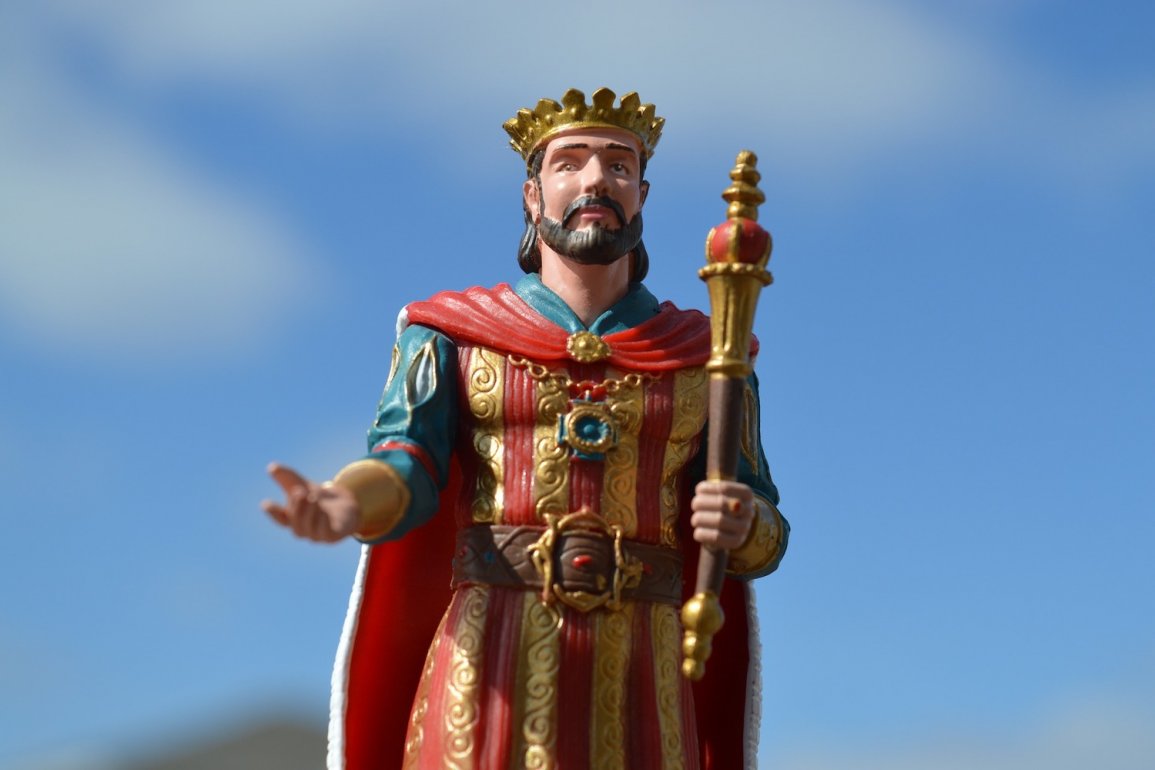By Otti Vogt (Part of a reflection on System Psychodynamics for INSEAD) and originally published on medium.com/@otti.vogt
The Urgent Case for A Global Leadership Iconoclasm

Are you a good leader? In case you are emphatically nodding, how would you know? Regrettably, it has become increasingly difficult to discern what “good Leadership” actually means.
Searching Google reveals a mind-boggling 148 million links to the term. Amazon hosts over 100,000 entries. Every day, outfits like HBR broadcast ever-varying collections of “top” Leadership traits, behaviours and activities on social media.
Such is the nature of the “Leadership industry” — entry barriers are low and armies of self-declared Leadership gurus incessantly bombard us with buzzwords galore.
Arguably, taxonomy wouldn’t matter much if “Leadership” was working. Yet, strikingly, most Leadership glitterati do not eagerly reveal which exact problem Leadership is solving, how its effectiveness is measured, and how we’re currently doing.
Sergio Caredda (VP HR VF) recently compiled over 150 popular Leadership models [1] — most of them inconsistent and seldom backed by research or evidence. Still, if we reasonably assumed that Leadership is about mobilising efforts towards a better future, the global Leadership profession has — by any standard — largely failed.
In spite of humongous investments in Leadership development, 80% of employees feel disengaged; many don’t trust their leaders [2]; CEO tenure is continuously decreasing; and we reached gloomy records in global inequality and unsustainability. Whilst mankind is facing a historic inflection point, 56% of global citizens believe our (leader-led) “capitalism does more harm than good” [3].
We Don’t Need Another Hero
Alas, Leadership, however defined, appears — at least partly — detrimental to our society. A recent paper examining “transformational Leadership” concludes: “Much of the damage done to organizations has resulted from arrogant, unethical behaviour of corporate leaders” [4]. Nonetheless, most Leadership iconophiles seem to hope natural evolution of the profession will conveniently resolve our global malaise.
Conversely, I will argue that the concept of Leadership itself has become a perilous problem — adopting a “psychodynamic” perspective reveals interesting insights:
A. Role of the Leader: “Some of the confusion around the concept of Leadership”, suggest Gemill and Oakley, “seems to stem from the process of reification” [5]. A powerful social fiction is turned into an actual observed phenomenon — whenever an organisation is faring particularly well, or badly, we infer it is caused by its Leadership.
This “Leadership myth” serves as a strong individual and social defence to repress our own anxieties, helplessness or fear of failure and instead projects these onto prominent Leadership figures. Consequentially, if an organisation fails, we conveniently blame its leaders.
B. Organisational context: Simultaneously, our collective glorification of Leadership triggers regression towards existing control structures. “As soon as we call someone a leader”, Jeffrey Nielsen argues, “we create a rank-based context that defines power as power-over […] and hierarchy as the means of transmission of authority from the top down through privileged delegation” [6].
As in principle-agent theory, we confer unique privileges to principles whilst assigning duties to inferior “human resources” — doomed to be sacrificed to “preserve and protect the power and privilege of those designated as leaders”.
C. Personal development: Finally, the narrative of “messianic” Leadership [7] accesses powerful primordial energies of the collective “Hero” archetype. Whilst successful business leaders are worshipped like modern-day superstars, Jungian psychologist Robert Moore points out that the “Hero archetype” belongs to an immature “boy” stage of adult development [8].
Heroes are unaware of their limitations and self-serving in their drive towards success — oblivious that “conquering the princess will not bring them love”. Moore suggests that modern societies have lost “rites of passage” towards successful individuation of (male) adults, and immature “shadow” energies proliferate dominance, violence and weakness.
Adult leaders, as “eternal boys”, continue to slumber “in history’s unmade bed” [9] rather than progressing their development towards full, compassionate and regenerative masculinity.
Following this interpretation, the cacophonic chants of a global Leadership chorus reflect a deepening collective sense of despair and helplessness, and its seductive gospel reinforces the existing social status quo.
Leadership is not the problem — our obsessive clinging to it is. Unbeknownst to ourselves, we are stuck in our own story.
This is Part 1 of a 2-part article. Part 2 is here.
Otti Vogt: Disruptive thinker, amateur poet and passionate global C-level transformation leader with over 20 years of experience in cross-cultural strategic change
References
[1] Caredda, https://sergiocaredda.eu/organisation/leadership-models-the-theory-and-the-practice/
[2] “35% of US employees reported they would willingly forgo a substantial pay raise in exchange for seeing their direct supervisor fired” in: Pfeffer, Leadership BS: Fixing Workplaces and Careers One Truth at a Time, 2015
[3] 2020 Edelman Trust Barometer
[4] O’Reilly/Chatman, Transformational Leader or Narcissist? How Grandiose Narcissists Can Create and Destroy Organizations and Institutions, California Management Review, Volume 62, Issue 3, https://cmr.berkeley.edu/2020/05/62-3-oreilly/
[5] Gemmill/Oakley, Leadership: An Alienating Social Myth?, Human Relations 1992, 45
[6] Nielsen, The Myth of Leadership: Creating Leaderless Organizations, 2011
[7] Western, Leadership: A Critical Text, 2007
[8] Moore/Gillette, King Warrior Magician Lover: Rediscovering the Archetypes of the Mature Masculine, 1992
[9] Hollis, Finding Meaning in the Second Half of Life, 2006




